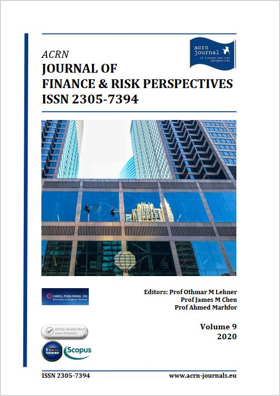
Zainab Abdulawood Jadoua, Nihal Farid Mostapha
Beirut Arab University
Abstract
Since thirties access to debt has been considered as one of the main challenges facing the growth of Small and medium-sized enterprises (SMEs). Therefore, empirical studies focused on how facilitating access to debt affects SMEs financial performance in developed countries. However, this is not the case in the developing economies countries such as Lebanon due to the lack of financial transparency and poor financial reporting. In addition, very few studies discussed the theoretical pillar behind SMEs financial behavior on how access to debt affects firm performance in developed and developing countries. Therefore, this study attempts to investigate the effect of access to debt on Lebanese SMEs financial performance in terms of profitability and tangibility. In addition, the study explores the theoretical explanation of how Lebanese SMEs access to debt affects profitability (PR) and tangibility (ST) using trade-off theory (TOT) and pecking order theory (POT). Data of 102 SMEs for the period 2014 till 2017 from 12 official audit firms located in Beirut-Lebanon. Additionally, generalized least squares (GLS) method was used to conduct regression analysis. The analysis reveals the positive effect of Lebanese SMEs access to debt on SMEs profitability and tangibility confirming the adoption of trade-off theory as an approach by Lebanese SMEs and lenders. It is concluded that facilitating Lebanese SMEs access to debt to reach proper debt level improves SMEs performance which in return affects positively the lenders and economy as whole.
Keywords: SMEs performance, Access to debt, Trade off theory, Pecking order theory, Assets structure, Tangibility, Profitability
Back to Volume 9